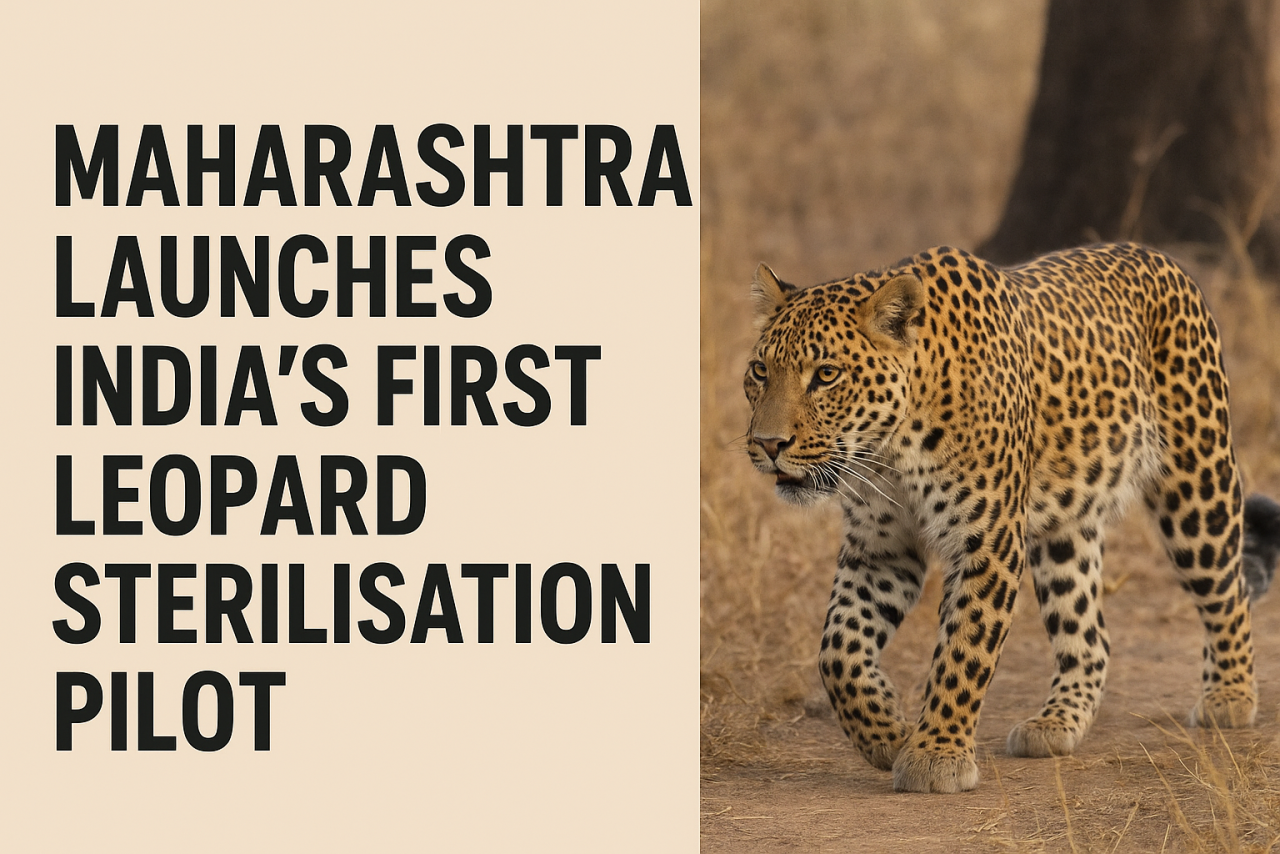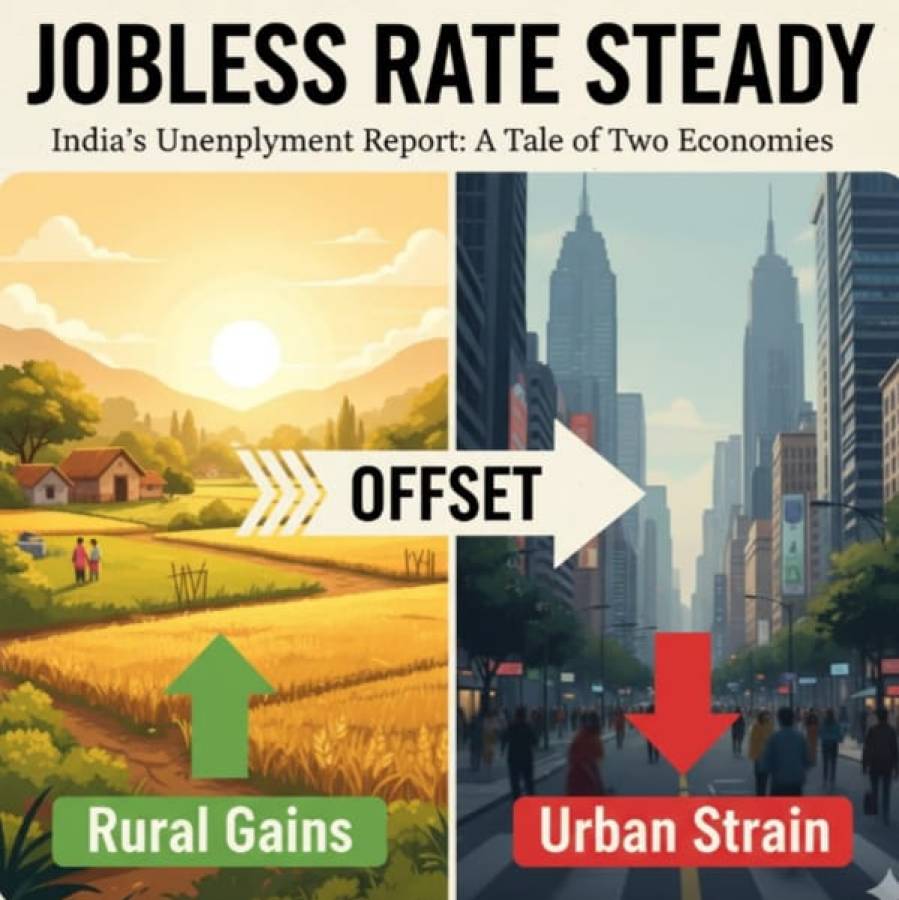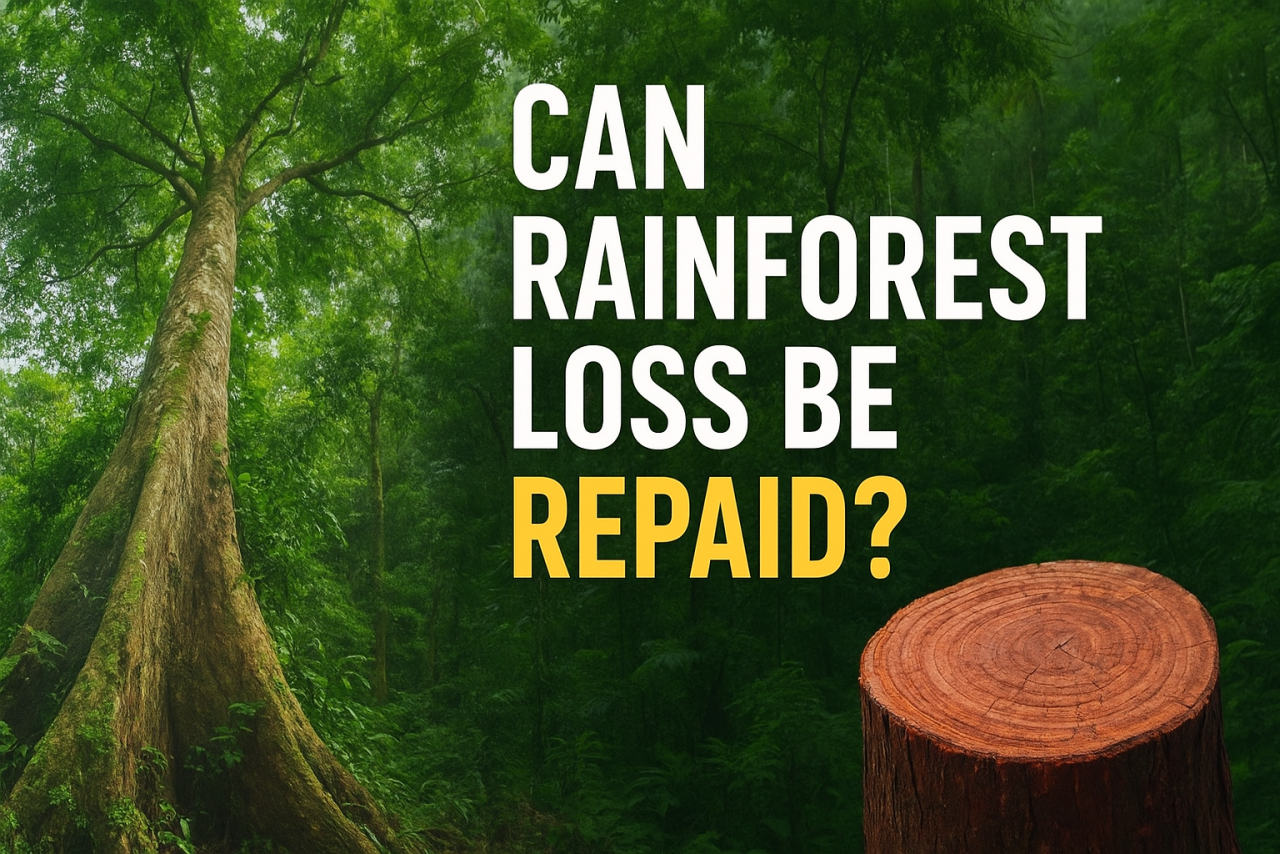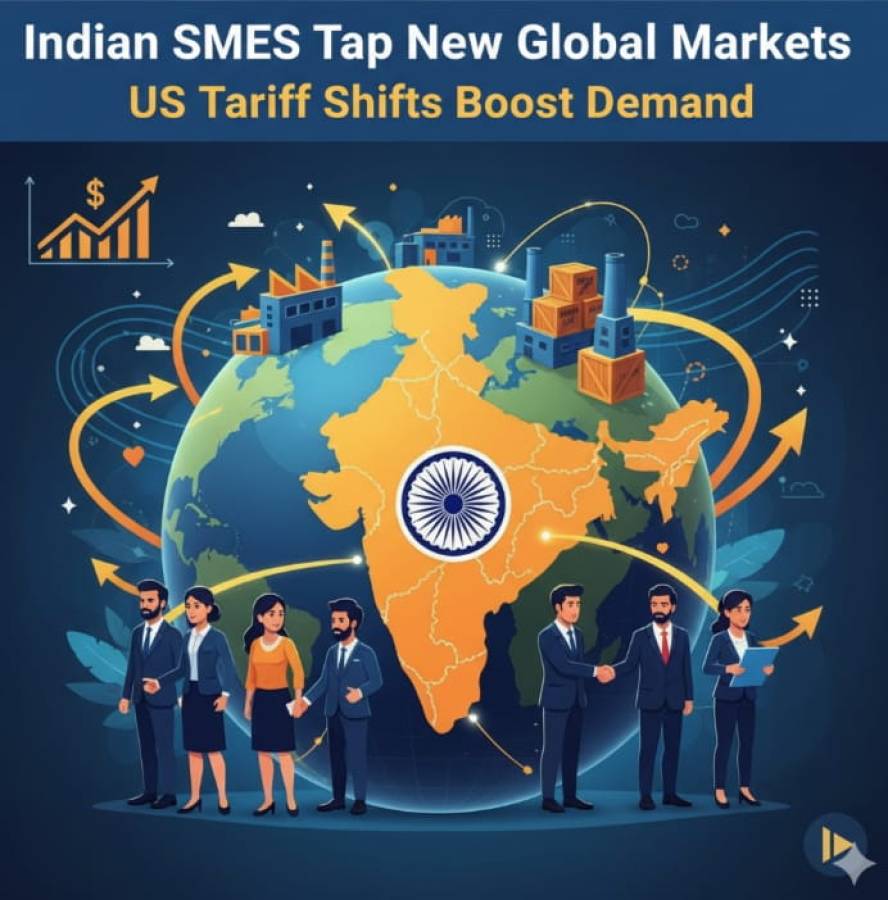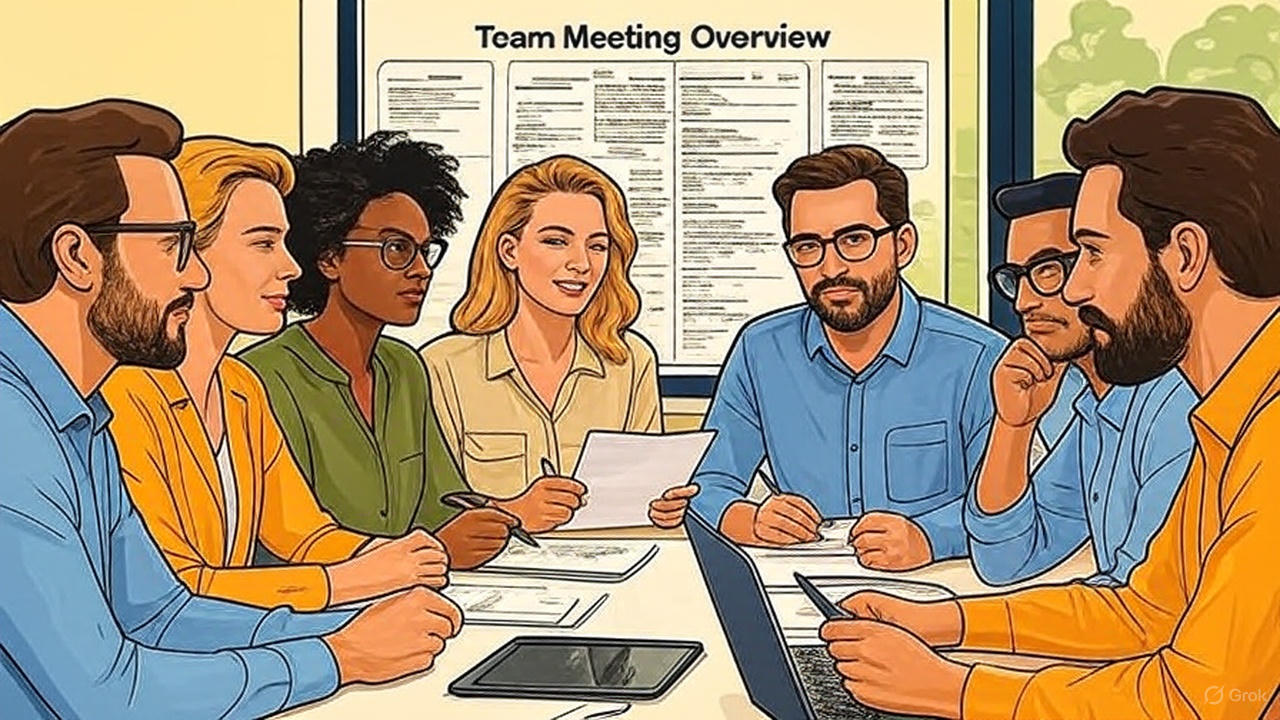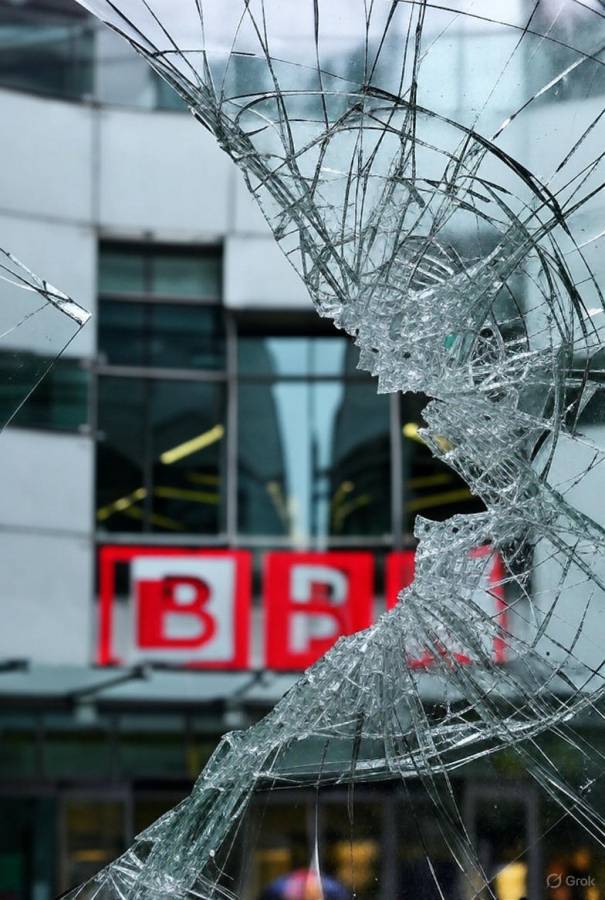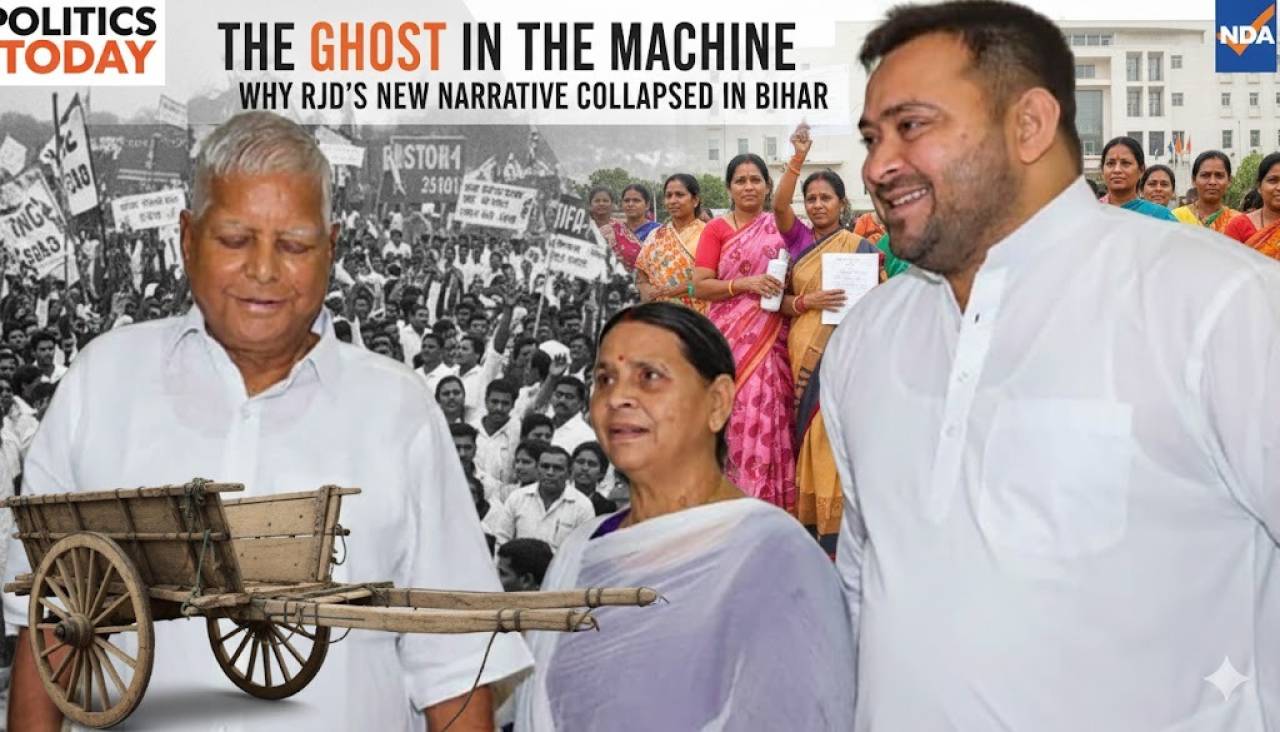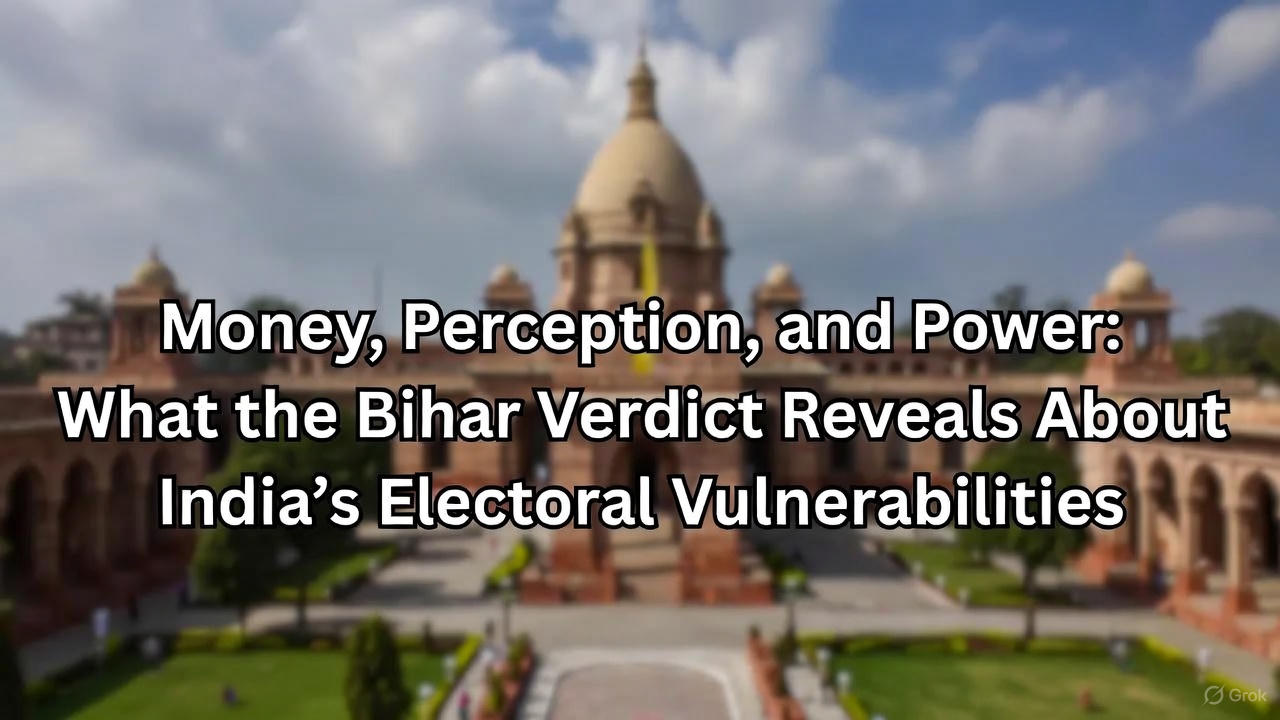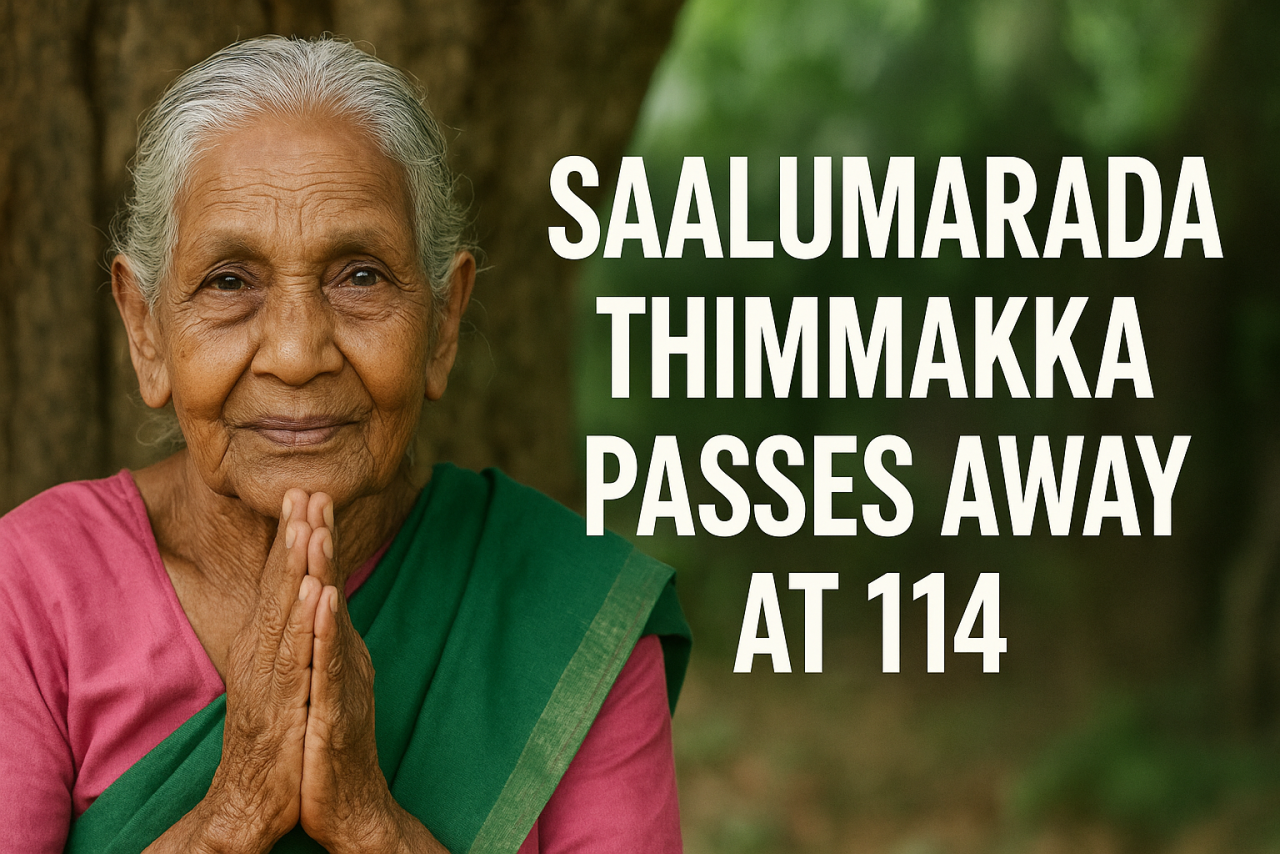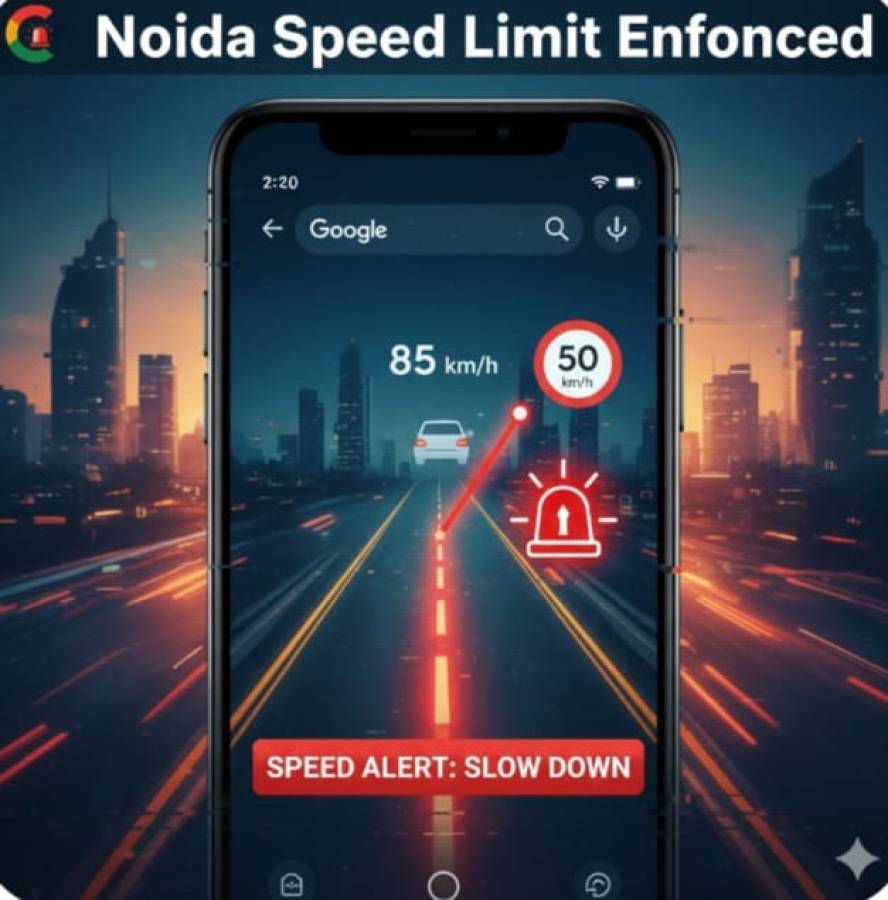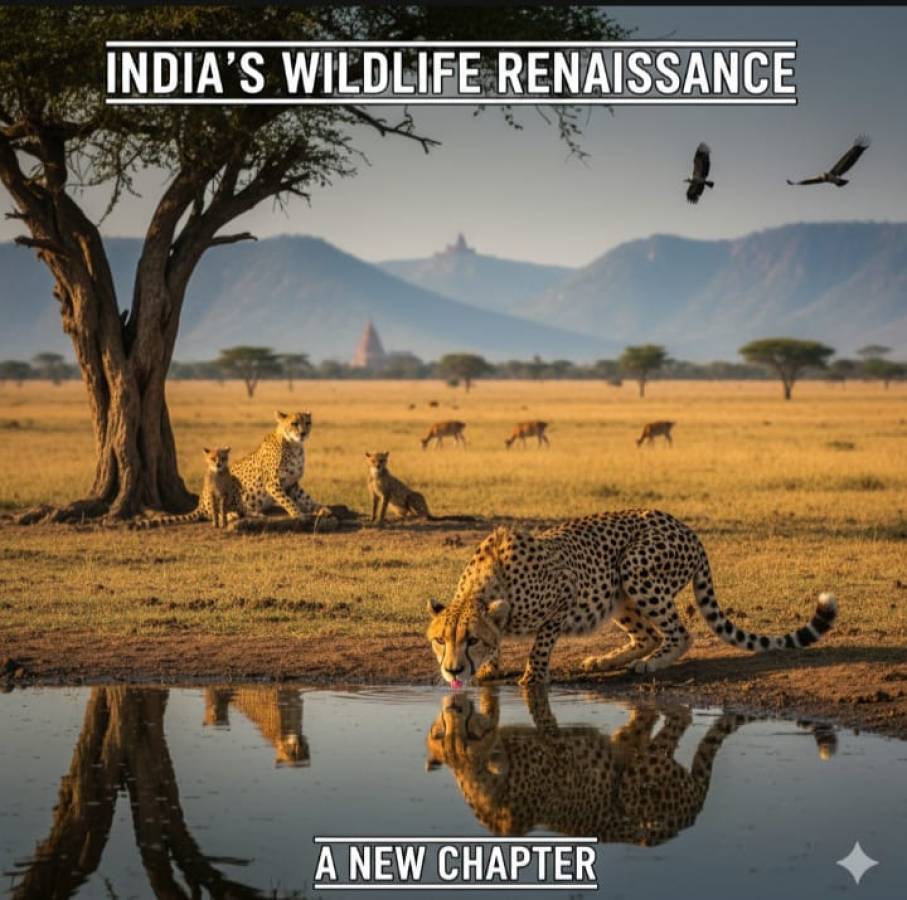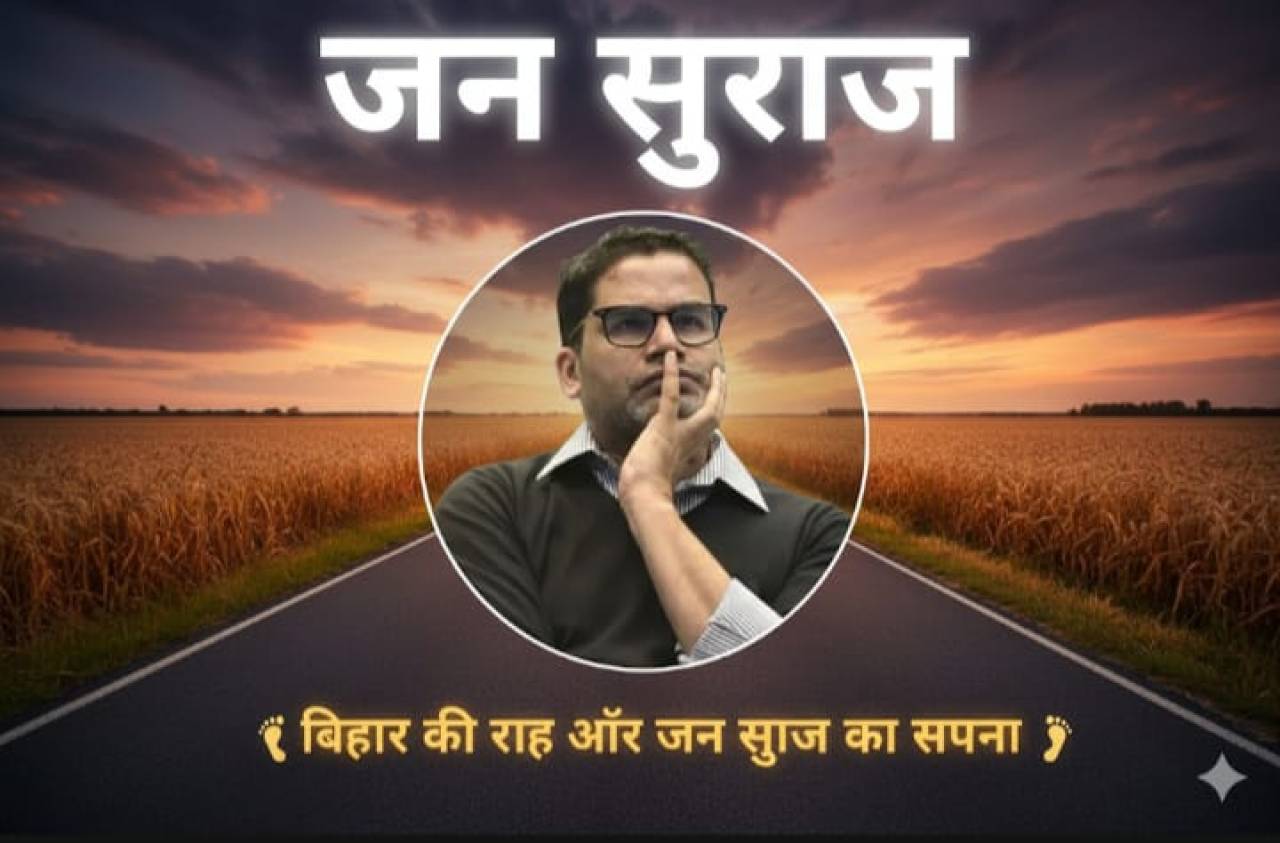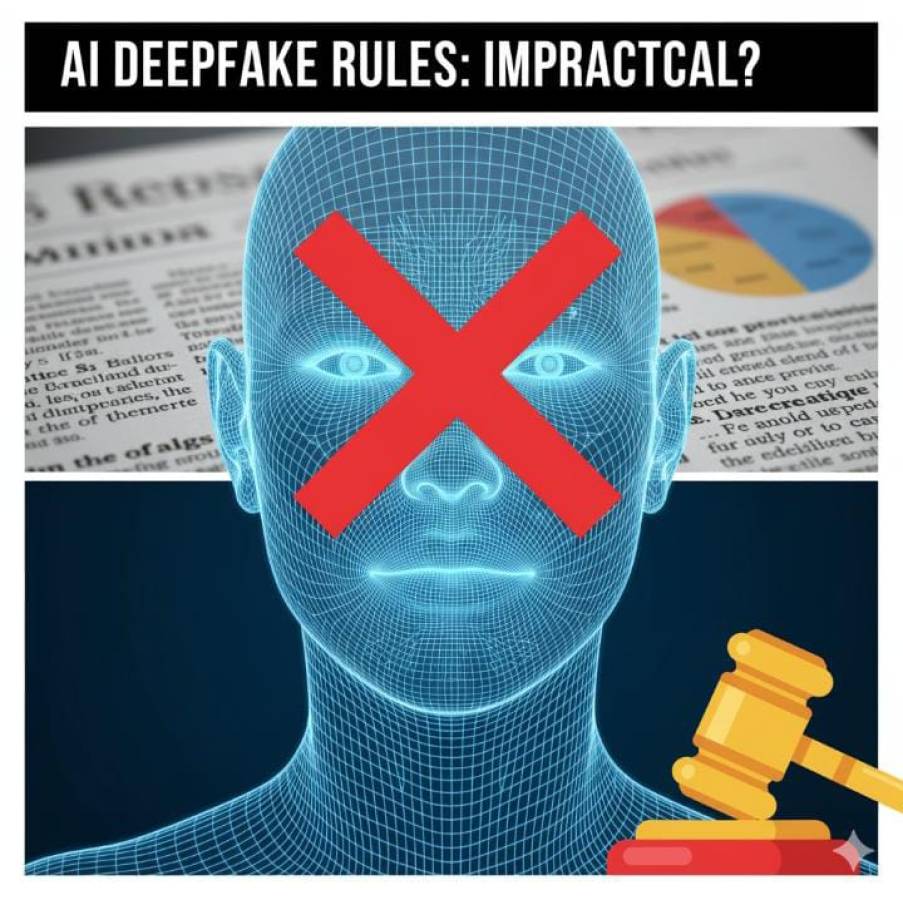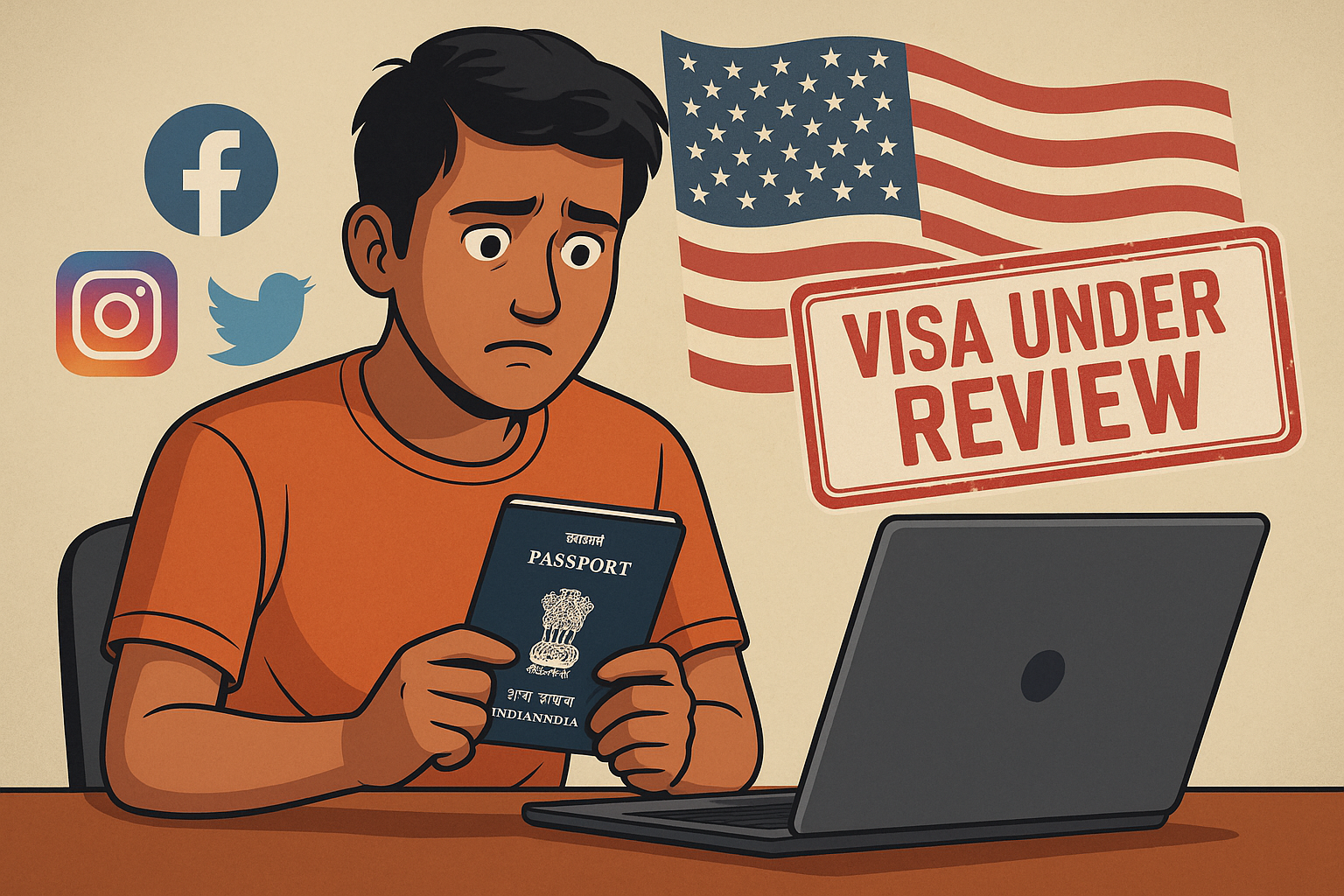
The United States has always been a dream destination for Indian students aiming for world-class education. In 2023 alone, more than 2.6 lakh Indian students were enrolled in American universities. But new rules announced by the US government could make getting a student visa more difficult, especially for those applying in 2025 and beyond.
After a brief pause, the US has restarted student visa appointments. However, it has added strict conditions to the approval process. The US consular officers have been directed to carry out deeper background checks. This includes a new focus on scanning the social media activity of visa applicants.
This change is linked to the return of Trump-era policies. According to official sources, consular officers handling F (academic) and J (exchange program) visas are now asked to thoroughly vet the online presence of students. This includes checking posts, likes, shares, and the types of pages students follow.
If an applicant has shown any support for violence, hate speech, terrorism, or has posted political views that seem to go against American values, their visa may be rejected. Even sharing or liking controversial content, even from years ago, can create trouble.
A recent order dated June 18 instructed US visa officials to flag students who show any kind of “hostile attitude” towards American citizens, culture, government, or institutions. These checks are not limited to recent posts. They may include entire social media history and digital footprints like public forums, past searches, and online communities.
Applicants are also being asked to make their social media profiles public during the visa process. If a profile is locked or private, it may be seen as suspicious. In short, if a student wants a US visa, they must be completely transparent online.
A new pilot program is also in place for some US universities, including Harvard. This program allows even deeper online vetting, such as search history and engagement in public discussion forums. This has raised concerns among Indian students and immigration experts.
What Does This Mean for Indian Students?
India sends around 7.5 lakh students abroad every year. Among them, over one-third go to the US for higher studies. In 2023 alone, more than 1 lakh Indian students were granted F-1 visas. The US attracts Indian students with its high-ranking universities, top STEM programs, world-class research, and post-study work options.
But the new rule adds a new kind of stress. Students now need to carefully manage their online image. What you post, like, or follow on social media can affect your chances of getting a US visa. Even posts shared years ago can be held against you. If someone posted or shared a controversial political opinion in the past, it might raise red flags today.
Visa officers are also trained to notice if students have used websites or apps that spread harmful or extremist views. Any link to hate speech, anti-US opinions, or radical content might result in a visa rejection.
While US officials say these steps are taken for national security, many worry that it could lead to delays or unfair denials. This is especially troubling because international students bring more than $40 billion into the US economy every year. Indian students alone contributed over $8 billion in 2023. Colleges and universities depend on them not just for income, but also for diversity and research work.
This move could benefit other countries. Canada, for example, has made its student visa process easier and now offers fast-track pathways to permanent residency. In 2023, over 3.2 lakh Indian students went to Canada. The UK has also seen an increase in Indian students after reintroducing the post-study work visa.
How Can Indian Students Prepare?
Students planning to apply to the US must now think carefully about their digital footprint. This means cleaning up old social media posts, avoiding political or religious controversies, and staying clear of suspicious websites.
Experts also advise applicants to review their online presence before applying. Making your profile clean, honest, and public can improve your chances. At the same time, students should keep backups and prepare for longer processing times.
In conclusion, the US still offers top-quality education and valuable global exposure. But now, the journey to a US student visa will include new hurdles. Awareness, digital caution, and proper planning will be key for Indian aspirants aiming to study in America.



